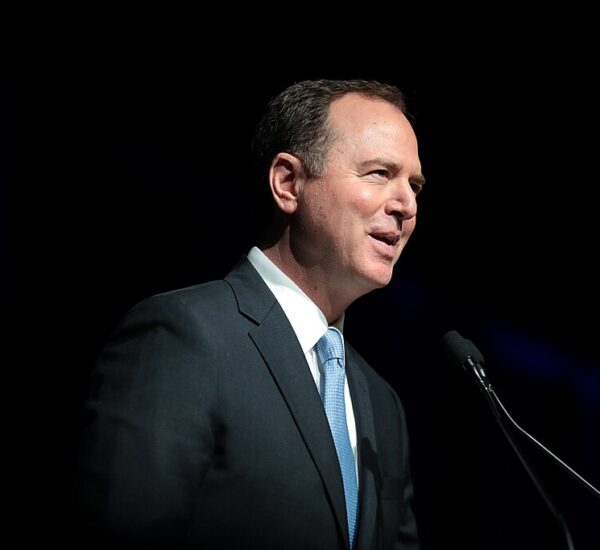Stacey Abrams Talks About Trump’s Victory
Stacey Abrams, the prominent voting rights advocate and former Democratic candidate for governor in Georgia, recently weighed in on the outcome of the 2024 presidential election, following Donald Trump’s narrow victory over Vice President Kamala Harris. Abrams, who has previously claimed that the 2018 gubernatorial race was marred by voter suppression, argued that the nation remains deeply divided, suggesting that Trump’s win was not a sweeping mandate from the American people.
In a discussion with MSNBC’s Chris Hayes, Abrams stated that while Trump secured the presidency, “it wasn’t a landslide” and that the nation is still split almost evenly. “It was an evenly divided nation,” she remarked, acknowledging Trump’s win while emphasizing that fewer than half of Americans voted for him. She further pointed out that the result wasn’t a resounding rejection of Harris or the Democrats, noting that Trump’s margin was smaller than historical wins. The Cook Political Report showed Trump with 49.8% of the popular vote, just slightly ahead of Harris’s 48.3%.
Despite winning the popular vote and the Electoral College, Trump’s victory was characterized as narrow in comparison to other recent presidential races. PBS highlighted that his win over Harris, by 1.62 percentage points, was the smallest margin since 2000, when George W. Bush defeated Al Gore by a similarly tight margin.
Trump’s success, however, was underscored by strong showings in key battleground states. He managed to flip Georgia back into the Republican column and secure critical victories in other swing states, such as North Carolina, effectively dismantling the so-called “blue wall” of the Democrats.
In the same interview, Abrams discussed the importance of “decency” in politics. She urged Democrats to embrace civility, suggesting that voters who feel disenfranchised or disengaged should be shown that there is a place for integrity in public life. However, Abrams also acknowledged the difficulty of balancing decency with the aggressive tactics sometimes used by political adversaries. She warned that when decency clashes with “ignominy”—a willingness to do whatever it takes to win—decency often struggles to prevail. Abrams advised that while it is crucial not to abandon decency, it may be necessary to find new political allies to achieve success.
This reflection on the 2024 election underscores a divided political climate in America and highlights the ongoing challenges Republicans and conservatives will face in bridging ideological divides while remaining true to their values.






